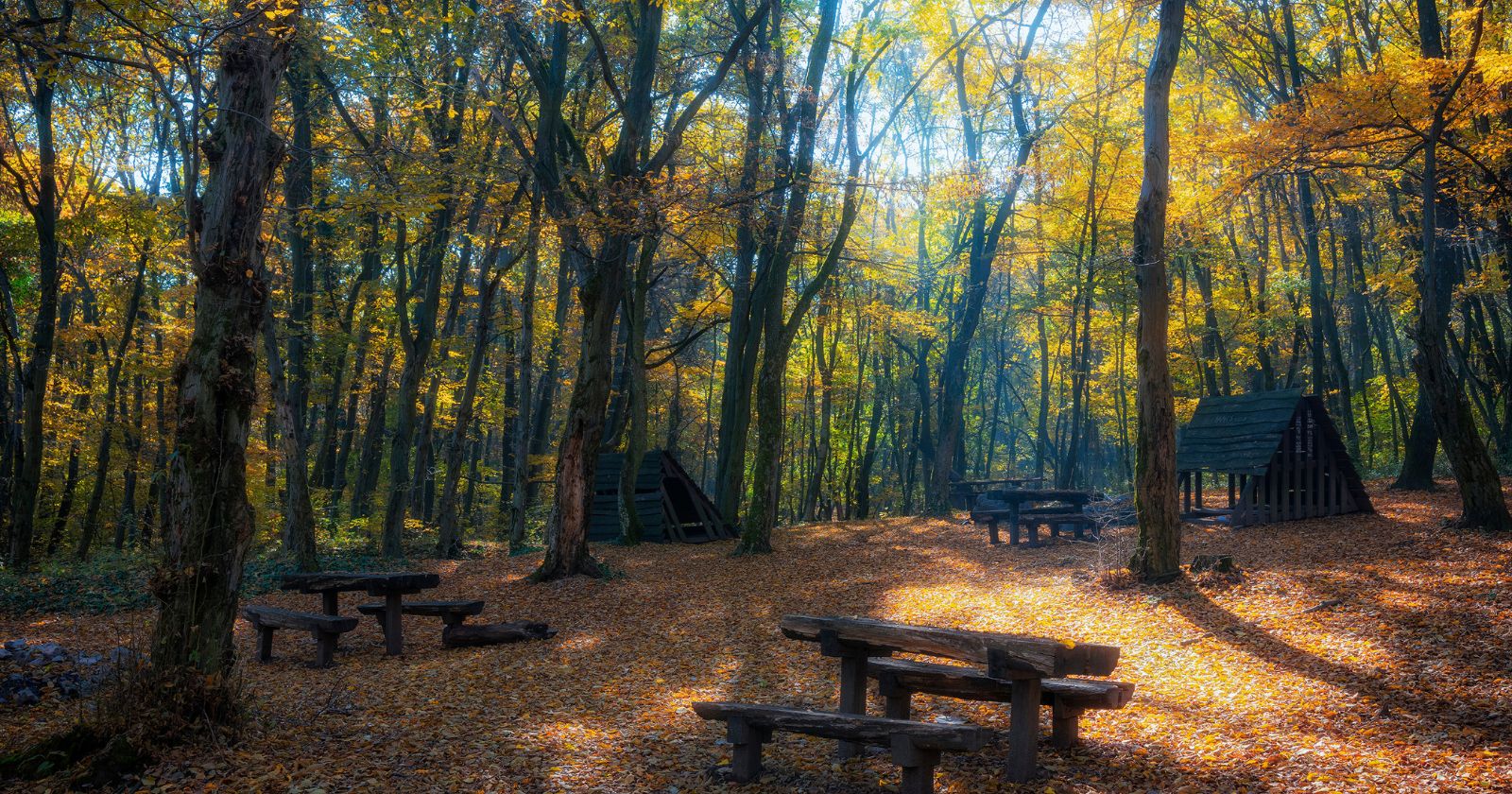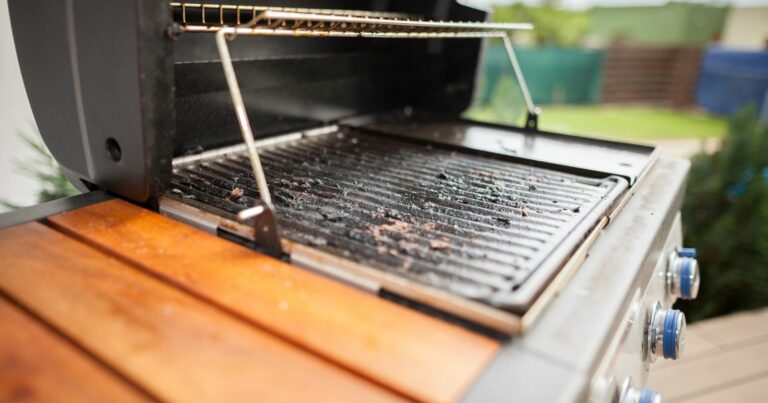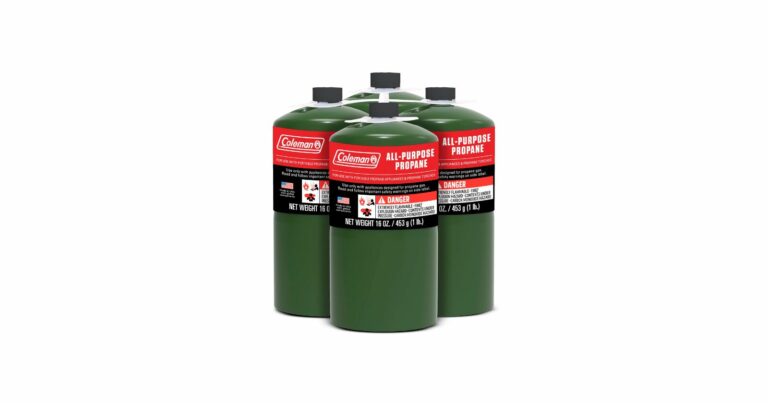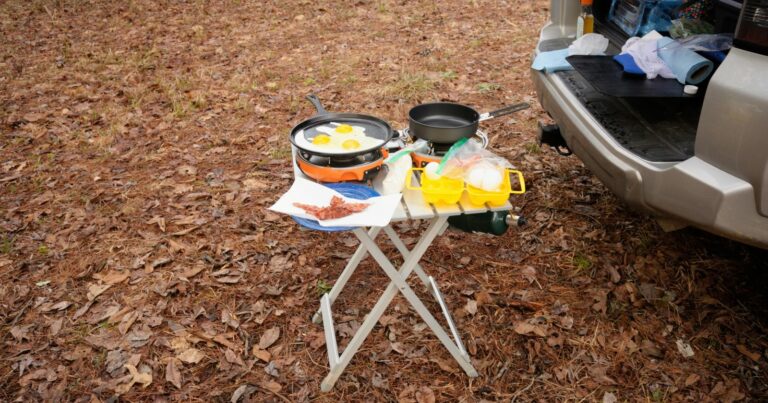What’s the Difference Between a Campsite and Campground? Your Complete Guide
You load up the car with tents, sleeping bags, and s’mores ingredients, ready for a weekend of camping and connecting with nature. But before you hit the road, an important decision awaits – should you head to a campsite or campground?
Both offer a place to pitch a tent under the stars, but campsites focus on individual sites while campgrounds have more amenities. Like choosing between a cozy bed and breakfast or bustling hotel, the camping option you pick depends on your style.
So grab your hiking boots and let’s explore the difference between a campsite’s simplicity and a campground’s comforts. Where you lay your head can make or break your outdoor getaway.
Campsites – The Simple Life
A campsite is an individual area designated for pitching a tent or parking a camper. It’s usually part of a larger campground, but can also be a standalone spot in the wilderness.
Campsites are all about simplicity. It’s just you, your tent, and mother nature. They provide the bare camping essentials:
- A cleared, level area to set up your tent
- Fire ring or grill
- Picnic table
- Access to restrooms and water
That’s about it! Campsites are perfect for those who really want to rough it and don’t need or want amenities.
Some key things to know:
- Campsites are much more affordable than campgrounds, often only $10-$20 per night.
- They accommodate smaller groups, usually just 1-2 families.
- You’re surrounded by nature, not other people. Campsites provide more privacy and solitude.
If you love backcountry camping and want a minimalist experience, a basic campsite is the way to go.
Campgrounds – Camping With Comforts
A campground is a privately owned recreational area where travelers can pay to camp overnight in tents, RVs, or other shelters. Campgrounds contain multiple campsites as well as amenities like restrooms, showers, and recreational facilities.
Campgrounds make camping easy and comfortable. Instead of roughing it, you have access to the conveniences of home right at your campsite:
- Electrical and water hookups for RVs
- Hot showers and flush toilets
- Grocery store or convenience shop
- Dump station for waste
- Laundry facilities
- Recreational hall
- Swimming pool
- Sports fields and courts
- Playgrounds for kids
- Hiking trails
Campgrounds are ideal for:
- Larger groups and families
- Those with RVs or trailers
- Anyone who wants an easier camping experience
The tradeoff is less privacy, more people, and higher nightly rates. Campgrounds can cost $30-$60 per night depending on amenities and location.
How To Choose Between Campsite vs Campground
How do you decide between camping at a barebones campsite or creature comfort campground? Here are 5 key factors to consider:
1. Group size
Campsites usually only have space for 1-2 small tents and are best for individuals, couples, or smaller families. Campgrounds have much bigger sites suitable for large groups with multiple tents and RVs.
2. Desired amenities
Do you require access to restrooms and shower facilities? Are hookups for electricity, water, sewage, or cable important? Campgrounds provide full amenities while campsites offer the basics like porta potties and drinking water.
3. Type of shelter
Campsites accommodate tent camping only. If you’re traveling by RV or trailer, you’ll need the dedicated hookups and dump stations found at campgrounds.
4. Proximity to attractions
Campgrounds are often located closer to national and state parks as well as nearby towns. Campsites can be situated deeper in the wilderness. Pick based on what’s more important – accessibility or seclusion.
5. Budget
With fewer facilities and smaller capacity, campsites cost much less per night. Campgrounds come with a higher nightly rate but provide more onsite activities and services.
Campground Amenities: Which Ones Do You Really Need?
Modern campgrounds offer a variety of amenities to enhance the camping experience. Consider what’s essential for your trip and choose a campground that provides those must-have facilities.
Basic Amenities
These standard amenities make camping more comfortable and convenient:
- Restrooms – Flush toilets and hot showers
- Electricity – Hookups for powering appliances and electronics
- Water – Hookups for fresh water supply
- Dump station – For emptying RV waste tanks
- Firewood – Available for purchase onsite
Premium Amenities
These extras amenities make a luxury camping trip:
- Laundry – Washers and dryers onsite
- Grocery store – Stock up on food, ice and other supplies
- Cafe – Grab breakfast or coffee without cooking
- Playground & rec center – Keep the kids entertained
- WiFi – Stay connected (if you want!)
- Activities – Pool, courts, bike rentals
- Security – Cameras, gates, and patrols
Choose premium amenities to match your group’s needs and interests. Families with kids will appreciate recreation facilities and organized activities. Business travelers may require WiFi access.
Campground Types: RV, Tent, Cabin
Campgrounds cater to all different styles of camping. Here are some of the most common types to look for:
- RV campgrounds – Offer large spaces with hookups for motorhomes and trailers
- Tent camping – Provide platforms for pitching tents, along with shared amenities
- Cabins – Rustic individual cabins to rent instead of setting up your own shelter
RV parks are ideal for motorhome and trailer camping. Tent campgrounds allow you to pitch your own tent while enjoying resort-style amenities. Cabins offer solid walls and beds for those who don’t have (or don’t want to set up) their own camping unit.
Choosing the Best Campsite
Not all campsites are created equal. Once you arrive at a campground, keep these tips in mind for picking the optimal campsite:
- Inspect multiple sites before choosing
- Check size, shape, grade, hazards
- Avoid low-lying areas prone to rain pooling
- Pick a level site with solid, flat ground
- Look for shade to stay cool during the day
- Face away from prevailing winds
- Be near (but not too near) restrooms
- Consider privacy and proximity to others
Take time to walk around and evaluate all your options. The right campsite can positively or negatively impact your whole trip. Location matters!
Make Campground Reservations
Campgrounds often fill up months in advance, especially popular spots near national parks. Here are some tips for reserving your campground:
- Book early! 6-12 months ahead for peak season
- Check the campground’s website for reservations
- Use http://www.recreation.gov to book federal campgrounds
- Ask about deposit and cancellation policies
- Print or save your confirmation email
- Arrive on time for the reserved check-in period
Don’t wait until the last minute or you may miss out! Secure your family’s perfect campground oasis by planning ahead.
Enjoy the Best of Both Worlds
Now you know the key differences between basic campsites and luxury campgrounds. With this guide, you can decide which option best fits your camping style, needs and budget.
Want to get the remote experience of camping at a campsite, but still access modern amenities? Consider staying at a campground near a wilderness area. Drive a few minutes to go hiking and fishing during the day, then return to a comfortable campground base at night. This gives you the freedom to enjoy the outdoors while still having conveniences like hot showers waiting when you get back.
Another idea is to stay at a campground for part of your trip, then switch to a secluded campsite for a night or two. This allows you to ease into the more rugged camping experience.
Campsites and campgrounds both have their perks. By understanding the differences, you can get the most out of your outdoor adventures. See you on the trail!







